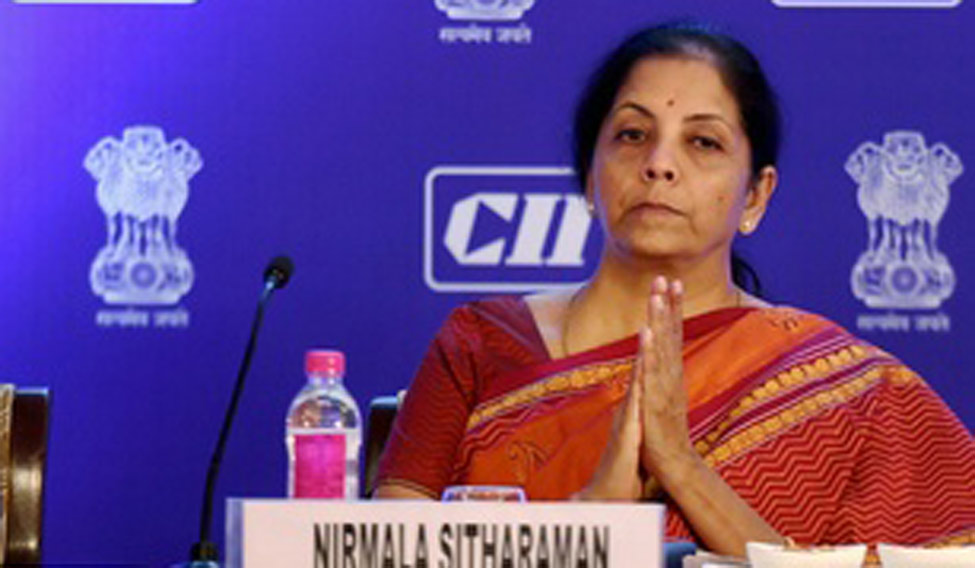A week after Union Commerce Minister Nirmala Sitharaman expressed her 'disappointment' over the low ranking of India in the World Bank's 'Doing Business 2017' report, the minister invited the multilateral agency’s newly appointed country director for release of the Department of Industrial Policy and Promotion's (DIPP) 'Assessment of State Implementation of Business Reforms 2016'.
The basis for carrying out this assessment was to gauge the extent to which states have implemented the DIPP's 340-point Business Reform Action Plan (BRAP). The BRAP for states and union territories include recommendations for reforming 58 business regulatory processes, policies, practices and procedures that are spread across 10 different areas.
These range from getting land, regulatory clearances, building and pollution clearances and spans across the life-cycle of a business.
"The assessment is based on inputs received from all states. This is the second such assessment being done by our department and states are eagerly waiting for their rankings this year," said Ramesh Abhishek, DIPP secretary, at the release in New Delhi on Tuesday.
The recent report has shown states in good light, with even low income states seen to be adopting to the reforms under the government's Ease of Doing Business policies. "The compliance rate of states this year is even higher than what was seen in the previous year. It is especially heartwarming to see that low income states have come up in the top 10 this year," the minister said at the release.
This year, Telengana is the joint leader with the mighty Andhra Pradesh in implementing the DIPP's BRAP (both scored 98.78 per cent in compliance). The state had ranked 13 in last year’s assessment. The tribal heartland state of Chhattisgarh retained its fourth position this year as well (97.32 per cent). Its close competitor Jharkhand, another tribal state, ranked seventh (96.57 per cent). The tiny hill state of Uttarakhand stood ninth (96.13 per cent) in the overall rankings.
"Last year, the rankings were abysmal with hardly any states above a 65 per cent score. This year, 16 out of the 31 states and union territories have scored more than 75 per cent" said a visibly pleased Sitharaman.
"Among other things, the BRAP seeks to end the inspector-raj and permit -raj system and assign random inspectors and set ground rules for carrying out an inspection. This will also help curtail corruption," she said.
"States are in healthy competition with each other. At least 32 states and union territories governments submitted evidence of implementation of 7,124 reforms," Sitharaman said. Speaking on the still dismal performance shown by some states in adapting to new measures to reform business, the minister said, “Northeast and union territories need our attention and hand holding. Government is particularly interested in working with eastern and northeastern states as per its current policy”.
The national implementation rate averaged at 48.93 per cent among all states and union territories in 2016, much higher than last year’s national average of 32 per cent implementation to change the way states deal with business establishments last year, according to the DIPP study.
“De-centralised management that states are adopting now is a sure path to achieve the 12 million jobs that India needs to create every year," said Junaid Ahmed, the incumbent World Bank Country director for India, also present at the release of the study. The assessment study on the implementation of the BRAP is conducted by the Commerce ministry's DIPP in partnership with World Bank.
The commerce minister said the study focuses on making India ‘business-friendly’ beyond just the major metropolis and urged the World Bank to take note of the de-centralised developments in stats as well while computing its Doing Business rankings.
Speaking to reporters on the sidelines, Ahmed said Paul Romer, the World Bank chief economist, is scheduled to visit India later this year and take a call on changing the survey methodologies for its Doing Business rankings and report, to capture de-centralised development in all states.





